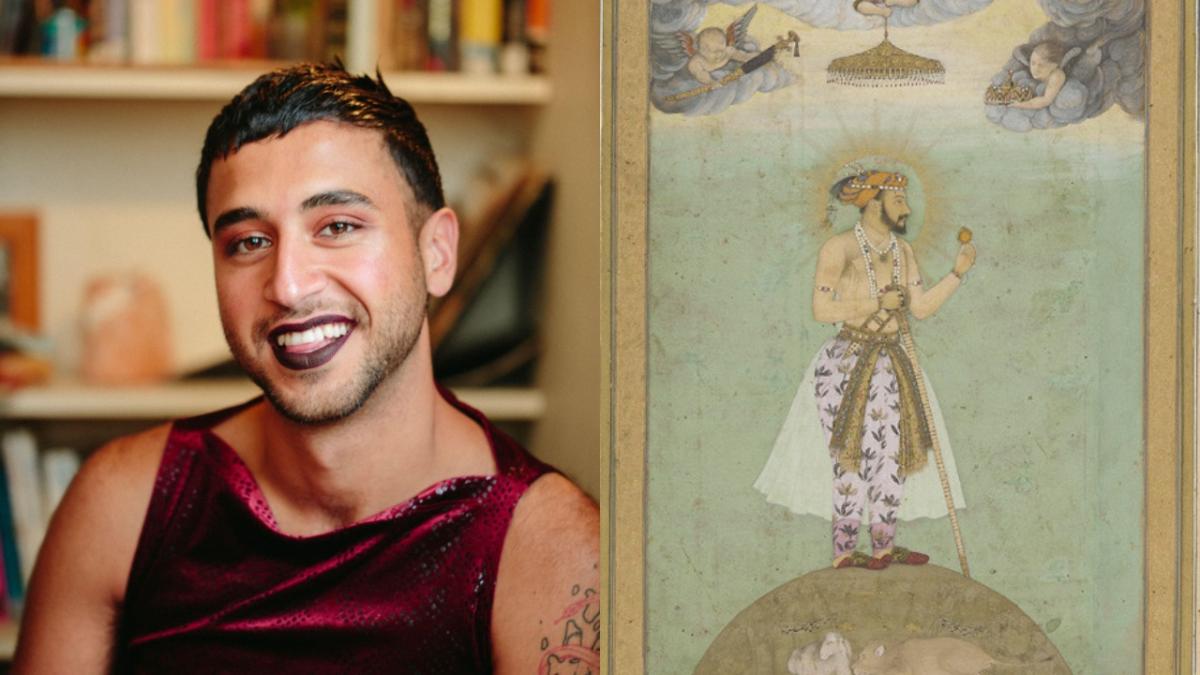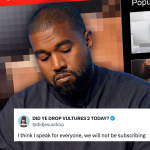
Part of what irks me about the black and white connotations of coming out is that it makes gender and sexuality sound decidedly finite and fixed. In this logic, a person goes from being in the closet to coming out and becoming free, as though the process is an overnight correction to a factory error. Coming out is seen as the stage lights coming on: revealing a deeper truth about the mechanics of a space that was previously hidden away behind the fabrications of performance.
In actuality, identity fluctuates greatly over the course of a life, as does the language people use to describe themselves. I once thought that the challenge of existing at the crossroads of my identity — gay, gender non-conforming, child of Afghan refugees, Muslim — was like a riddle I had to outsmart. If I did enough inner work, facilitated the tough conversations I feared having and discovered the perfect language that suited me best, I might be able to solve that riddle.
I remember the first time I spoke out loud the words, “I think I’m non-binary.” It was after a dinner party on Brunswick Road, several glasses of Pinot Noir deep, and I said it into the warm embrace of my best friend’s bosom after I’d switched off the lights and thrown myself into their bed. I came to the realisation through a long-standing understanding that there was something else going on with me in addition to my attraction to men. It was by accessing my queer sexuality that a new and perhaps more thoughtful reckoning with my gender was enabled.
At that stage, most of the people in my life already knew me as gay. My mannerisms and voice give it all away and I liked that I never entertained the kind of masculinity that could come across in the world as ‘straight-acting.’ When I felt the safest, effeminacy emerged uninhibited. In another set of circumstances where I didn’t eventually gain access to the language of gender fluidity, I might have remained a homosexual who simply felt they didn’t and couldn’t ever fit in.
Language, for me, became a tool for approximation. I started using these new terms like non-binary, gender fluid, agender, trans, transfeminine, fagguette and girl-boy to gesture towards an essence of identity that, I’ve since learned, was essentially fugitive. The terms were all incomplete because my identity was in flux. Each one outfitted a certain moment between my gender and my sexuality and, like a snake skin or a crab shell, in the end, they changed as I grew.
I felt supported by my friends and community to wear cute skirts and don makeup before I went out but, at times, I felt a pressure to maintain a certain degree of femininity, as though to honour the masculine parts of myself was a disservice to the queerness of my gender. In reality, the choices I made about my appearance shifted in a cyclical fashion because they were never linear.
There are plenty of trans men and women who experiment with being non-binary before landing where they belong. For the rest of us, the prevailing language and labels of identity are better likened to an estimation. Non-binary can be its own gender but it is also the abdication of gender as we know it. I like to think of gender fluidity as a withdrawal from a patriarchal binary system that sustains behavioural norms and punishes people who deviate from those norms. Punishment here is a social ritual that can take the form of glances askance in public, solicitations of sex from strangers, catcalling, heckles at a train station or having objects launched from moving cars.
These gender norms, and the language used to either deviate from or adhere to them, are also rooted in whiteness and the English language, neither of which are native to me or my body. Though Fitzroy North and Newtown may be queer-friendly, even there the way I am perceived is refracted through whiteness. What it means to be a man in Australia is not the same as what manhood means in Afghanistan. For instance, the way that straight Afghan men affectionately touch and massage each other is alien to the norms for men here. I abdicate from those norms because they do not belong to me. They were never mine. They were foisted onto my body.
I’ve routed and rerouted my identity through so much terminology over the last ten years and I don’t imagine that process ever coming to a steady resolution because language is still evolving. The riddle of identity doesn’t have a single answer, it has many. There are no quick and easy fixes to something as complex as a body and language is not a good place to turn to when I want one. My goal now is to honour the fluctuations of my gender and sexuality whenever they arise.



